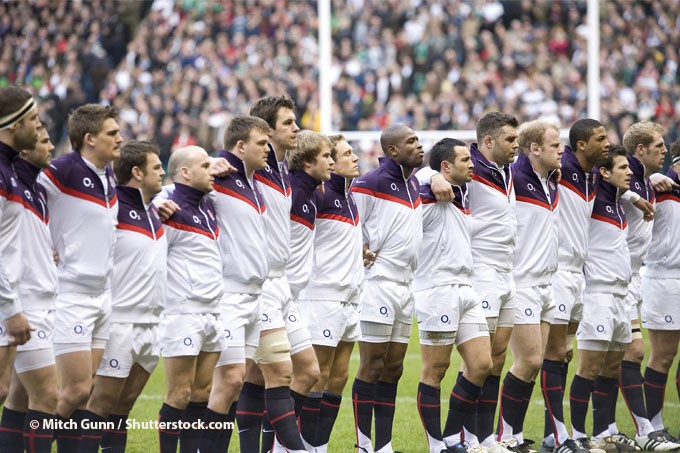Dr Kristy Howells discusses how being hydrated can help healthy lifestyles, wellbeing and mental health.
New year new exercise? Simple ways to reduce high blood pressure.
As we welcome the new year and new resolutions, Dr Jim Wiles, Principal Lecturer in the School of Psychology and Life Sciences and Director of the Clinical Exercise Science Research Group, discusses isometric exercise, and how this can lower blood pressure to keep healthy.
Connecting through movement: Children’s Mental Health Week
This Children’s Mental Health Week, Dr Kristy Howells discusses how we can raise awareness both in the class room and at home with meaningful connections, and how this can be developed through sport, physical activity and exercise.
Great British Week of Sport #BeActive
Dr Kristy Howells explains why we need more sport and physical activity in our lives.
Are Nike’s Vaporfly trainers the Emperor’s new shoes?
Dr Phil Hurst discusses why placebo-controlled trials are needed to determine whether Nike Vaporfly trainers improve performance.
The importance of physical activity and health education to support mental health
On World Mental Health Day, Dr Kristy Howells, discusses the power of physical activity and how it can improve the mental health of children and adults.
Smoke and mirrors – is sport investment harming public health?
Professor Mike Weed, Pro Vice-Chancellor for Research and Enterprise discusses if sport investment is harming public health.
Evidence that obesity is a problem is not evidence that sport is the solution
Mike Weed, Professor of Applied Policy Sciences and Pro Vice-Chancellor for Research and Enterprise, explores whether promoting sport participation is the answer to combating the rise in obesity.
Will changing the national anthem affect players’ performance?
Today, MPs have given their support to the idea of England adopting an official national anthem. Dr Mark Uphill, Senior Lecturer in Sport and Exercise Psychology in the School of Human and Life Sciences, comments on whether he thinks changing the national anthem will impact players’ performance.







